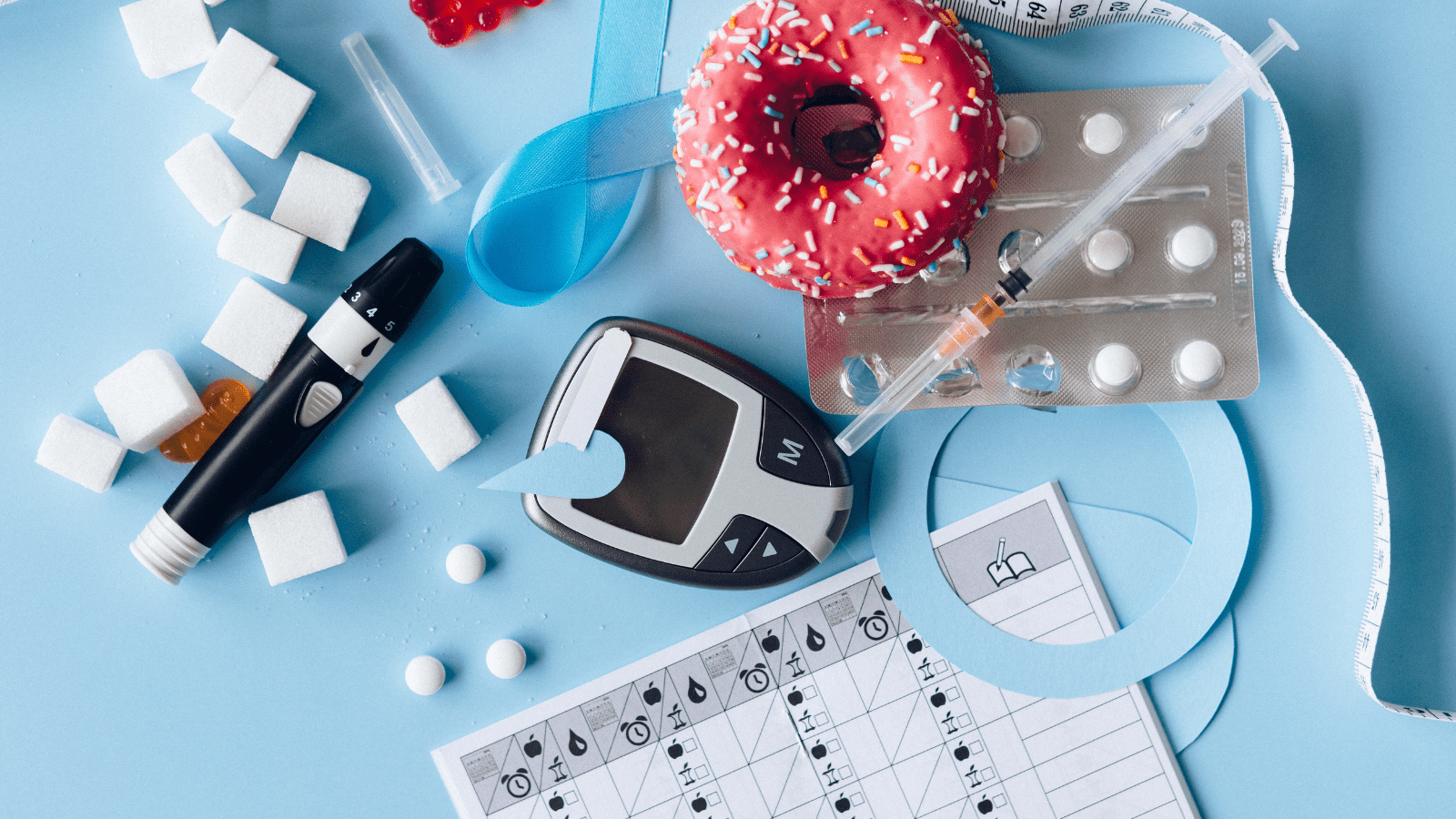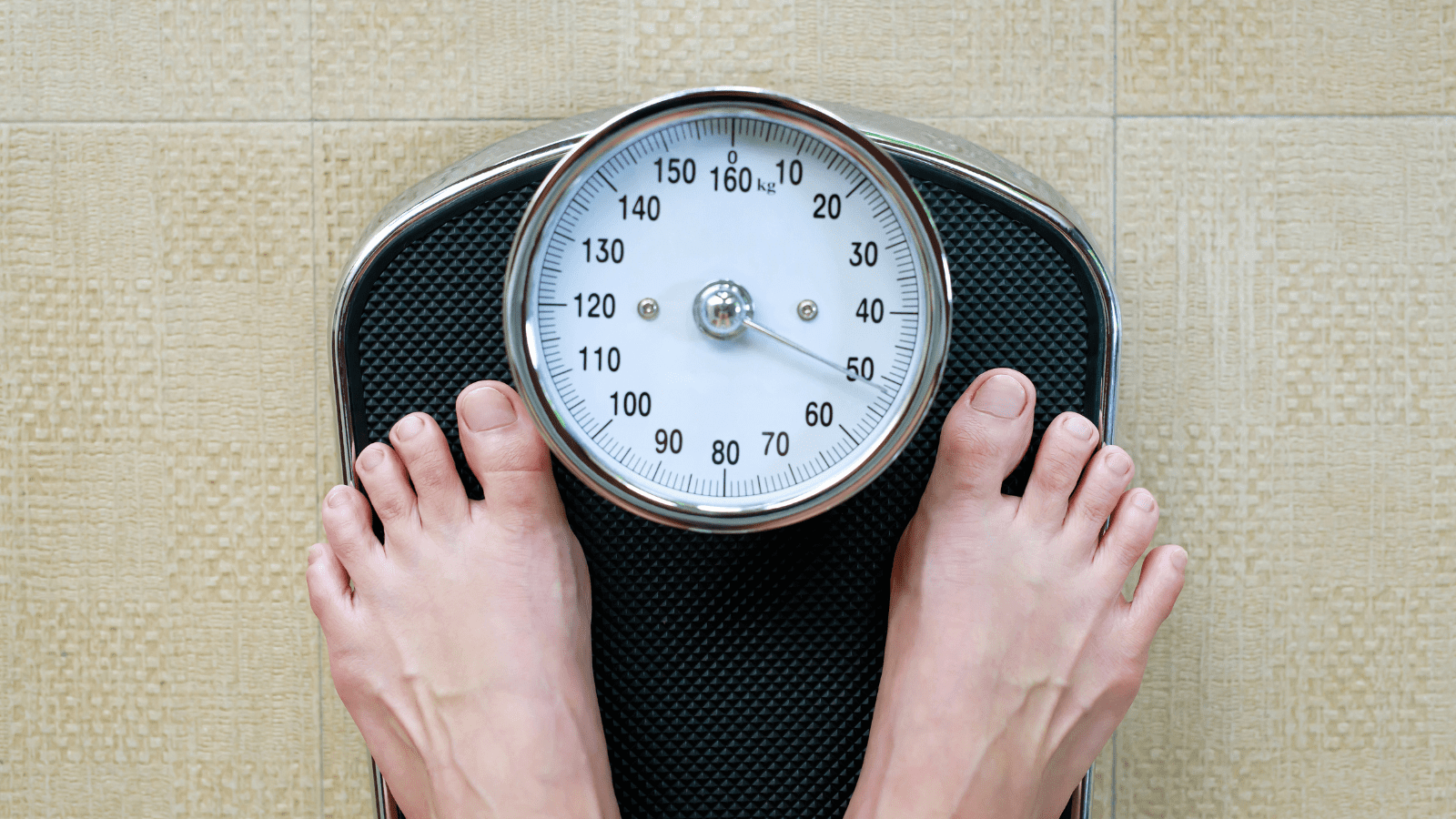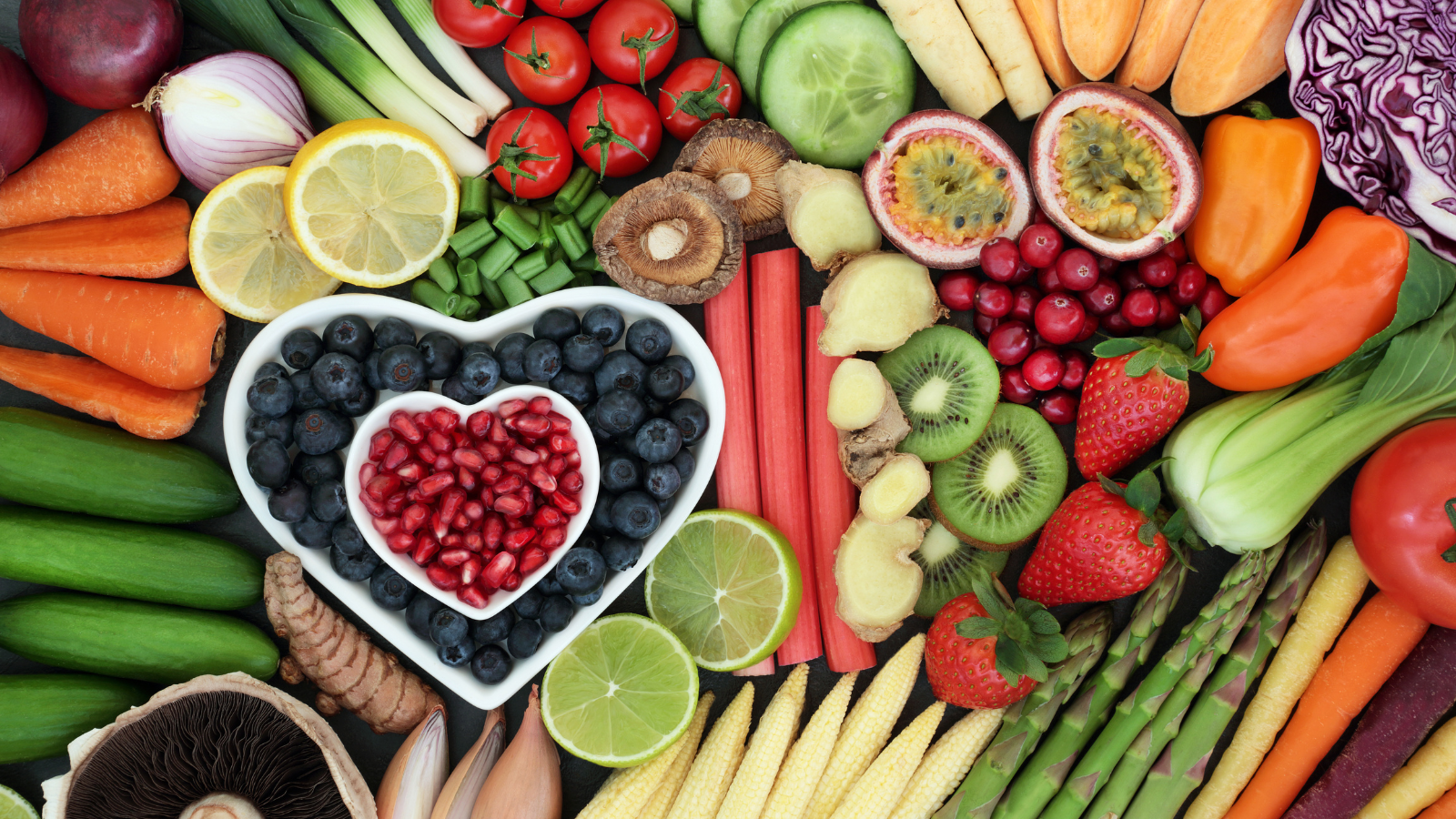Join The Nantwich Clinic Club to keep up to date with news and offers!
Sign Up
Maintaining stable blood sugar levels is a cornerstone of good health. In today’s fast-paced world, understanding how our food choices affect blood sugar is crucial. From preventing energy crashes to reducing the risk of chronic diseases like diabetes, the impact of our diet on blood sugar levels cannot be underestimated. In this comprehensive guide, we’ll delve into the science behind blood sugar, address common concerns, and provide actionable tips for managing your levels effectively.
Blood sugar spikes occur when you consume foods high in refined sugars and carbohydrates. These foods are quickly digested, causing a rapid influx of glucose into the bloodstream.
Sudden spikes trigger an insulin rush, leading to a crash in energy levels shortly after. Over time, this cycle can contribute to insulin resistance and even type 2 diabetes.

Consistently high blood sugar levels can lead to insulin resistance, a condition where cells become less responsive to insulin’s effects. To prevent this, focus on a balanced diet rich in whole foods.
Yes, regular physical activity enhances insulin sensitivity, making it easier for your cells to absorb glucose from the bloodstream.

Yes, frequent spikes can lead to increased hunger and cravings for sugary foods, contributing to overeating and weight gain.
Fiber-rich foods slow down digestion, promoting a feeling of fullness and reducing the likelihood of overeating.

Opt for complex carbohydrates like whole grains, legumes, and vegetables, as well as lean proteins and healthy fats.
Low-GI (Glycemic Index) foods, such as quinoa, sweet potatoes, and berries, have a gentler impact on blood sugar levels.

Use smaller plates, bowls, and utensils to help control portion sizes and prevent overeating.
Replace sugary beverages with water, herbal teas, or drinks sweetened with natural alternatives like stevia.

Decoding blood sugar levels is a fundamental step toward achieving and maintaining optimal health. By understanding the intricacies of glucose regulation, making informed lifestyle choices, and seeking professional guidance when needed, you can take control of your blood sugar levels and pave the way for a healthier, more stable future. Embrace the power of knowledge and action, and let stability become the cornerstone of your well-being journey.
Whether it’s a quick question that you need to ask, or you would like to book an appointment with us, we want to hear from you. Simply click the button below to get started or contact us on 01270 627118.